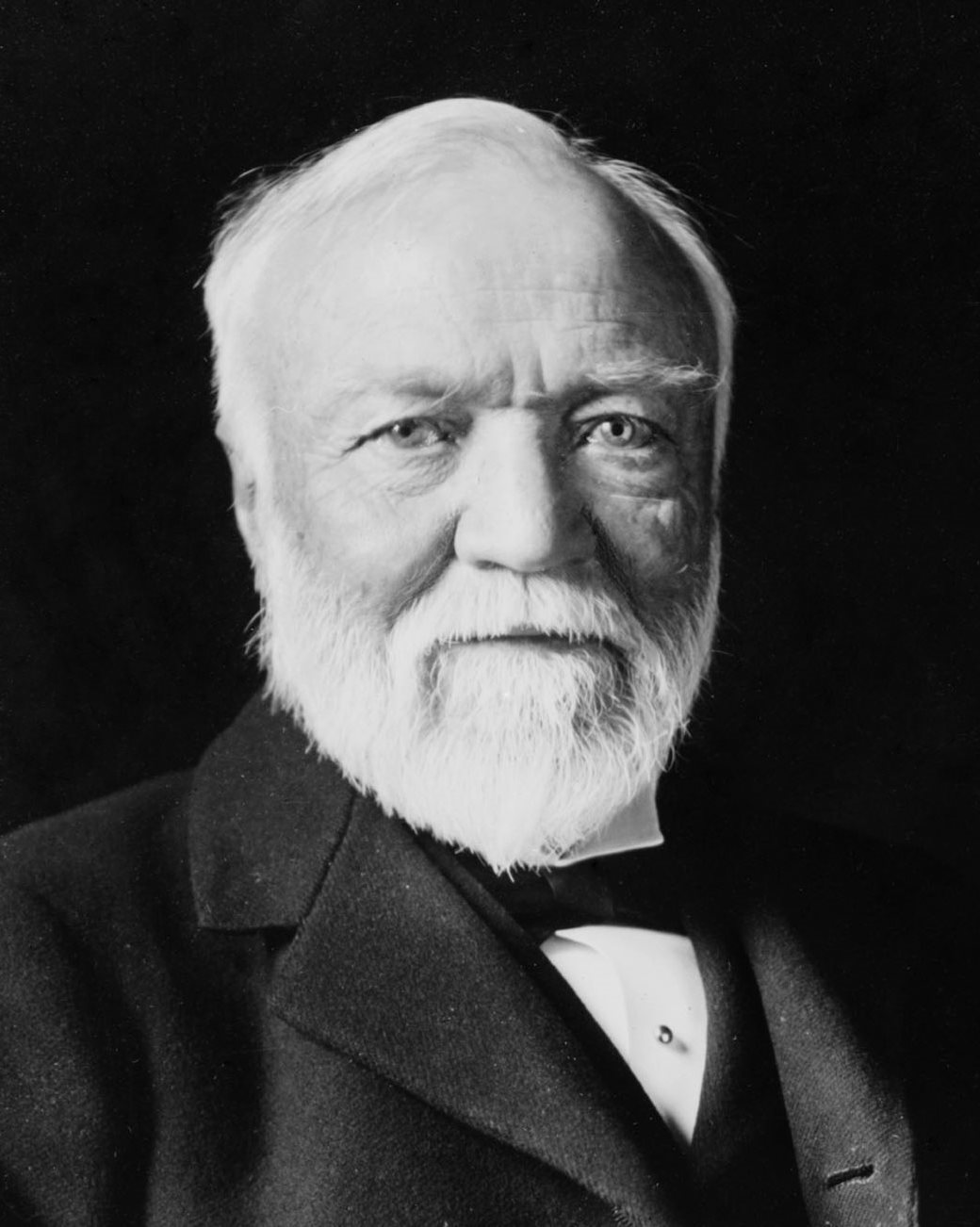|
Division Of Economics And History Of The Carnegie Endowment For International Peace
The Division of Economics and History of the Carnegie Endowment for International Peace (founded 1910) was a part of the Carnegie Endowment for International Peace responsible for the scientific study of the effects of war upon modern life. The initial programme drawn up at a conference of economists held at Berne in 1911. Following the outbreak of the First World War World War I (28 July 1914 11 November 1918), often abbreviated as WWI, was one of the deadliest global conflicts in history. Belligerents included much of Europe, the Russian Empire, the United States, and the Ottoman Empire, with fightin ... this programme was no longer deemed useful and the director initiated a proposal for an "Economic and Social History of the World War". Books published 1921 * ''Allied shipping control: an experiment in international administration'' Arthur Salter, Oxford:Clarendon Press References {{reflist Carnegie Endowment for International Peace ... [...More Info...] [...Related Items...] OR: [Wikipedia] [Google] [Baidu] |
Carnegie Endowment For International Peace
The Carnegie Endowment for International Peace (CEIP) is a nonpartisan international affairs think tank headquartered in Washington D.C. with operations in Europe, South and East Asia, and the Middle East as well as the United States. Founded in 1910 by Andrew Carnegie, the organization describes itself as being dedicated to advancing cooperation between countries, reducing global conflict, and promoting active international engagement by the United States and countries around the world. In the University of Pennsylvania's "2019 Global Go To Think Tanks Report", Carnegie was ranked the number 1 top think tank in the world. In the ''2015 Global Go To Think Tanks Report'', Carnegie was ranked the third most influential think tank in the world, after the Brookings Institution and Chatham House. It was ranked as the top Independent Think Tank in 2018. Its headquarters building, prominently located on the Embassy Row section of Massachusetts Avenue, was completed in 1989 on a design b ... [...More Info...] [...Related Items...] OR: [Wikipedia] [Google] [Baidu] |
Berne
german: Berner(in)french: Bernois(e) it, bernese , neighboring_municipalities = Bremgarten bei Bern, Frauenkappelen, Ittigen, Kirchlindach, Köniz, Mühleberg, Muri bei Bern, Neuenegg, Ostermundigen, Wohlen bei Bern, Zollikofen , website = www.bern.ch Bern () or Berne; in other Swiss languages, gsw, Bärn ; frp, Bèrna ; it, Berna ; rm, Berna is the ''de facto'' capital of Switzerland, referred to as the "federal city" (in german: Bundesstadt, link=no, french: ville fédérale, link=no, it, città federale, link=no, and rm, citad federala, link=no). According to the Swiss constitution, the Swiss Confederation intentionally has no "capital", but Bern has governmental institutions such as the Federal Assembly and Federal Council. However, the Federal Supreme Court is in Lausanne, the Federal Criminal Court is in Bellinzona and the Federal Administrative Court and the Federal Patent Court are in St. Gallen, exemplifying the federal nature of the Confederation. ... [...More Info...] [...Related Items...] OR: [Wikipedia] [Google] [Baidu] |
First World War
World War I (28 July 1914 11 November 1918), often abbreviated as WWI, was one of the deadliest global conflicts in history. Belligerents included much of Europe, the Russian Empire, the United States, and the Ottoman Empire, with fighting occurring throughout Europe, the Middle East, Africa, the Pacific, and parts of Asia. An estimated 9 million soldiers were killed in combat, plus another 23 million wounded, while 5 million civilians died as a result of military action, hunger, and disease. Millions more died in genocides within the Ottoman Empire and in the 1918 influenza pandemic, which was exacerbated by the movement of combatants during the war. Prior to 1914, the European great powers were divided between the Triple Entente (comprising France, Russia, and Britain) and the Triple Alliance (containing Germany, Austria-Hungary, and Italy). Tensions in the Balkans came to a head on 28 June 1914, following the assassination of Archduke Franz Ferdina ... [...More Info...] [...Related Items...] OR: [Wikipedia] [Google] [Baidu] |
Arthur Salter, 1st Baron Salter
James Arthur Salter, 1st Baron Salter, (15 March 1881 – 27 June 1975) was a British politician and academic, who played a minor, but important role in the foundations of pan-European government. Background and education Salter was the eldest son of James Edward Salter (1857–1937) of the River Thames, Thames boating company Salters Steamers, and who became Mayor of Oxford in 1909. Educated at Oxford City High School and Brasenose College, Oxford, where he was a scholar, he graduated with first class honours in Literae Humaniores in 1903. Career Salter joined the British Civil Service, Civil Service in 1904 and worked in the transport department of the British Admiralty, Admiralty, on national insurance, and as private secretary, being promoted to Assistant Secretary grade in 1913. On the outbreak of war, he was recalled to the Admiralty, and became director of ship requisitioning. He was sent to Washington D.C. to press for a US programme of new construction. In 1917–18 ... [...More Info...] [...Related Items...] OR: [Wikipedia] [Google] [Baidu] |

